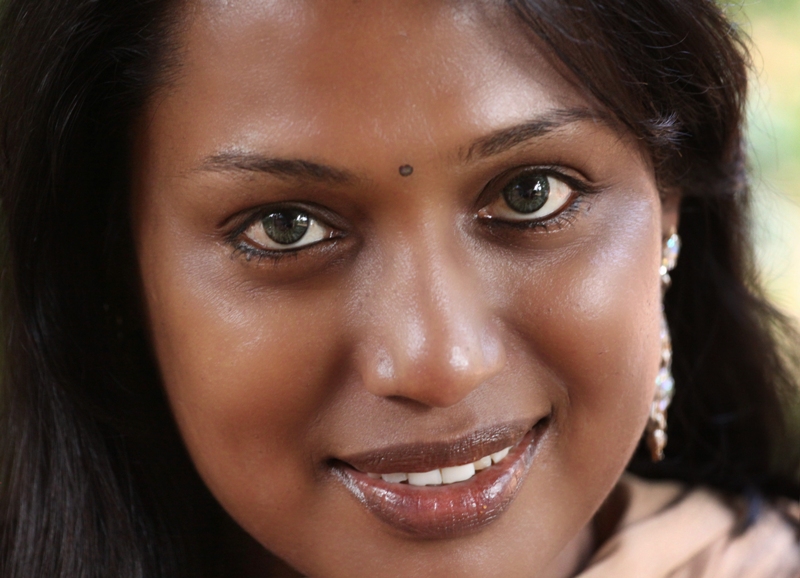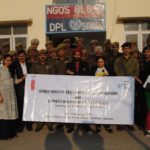Kalki Subramaniam is a transgender rights activist, artist, actor, writer and entrepreneur from Tamil Nadu. In 2008, she founded the Sahodari Foundation, an organization that advocates for transgender people in India. Sahodari had started out as a magazine and later became institutionalized through establishment of NGO. She has post graduate degrees in Mass Communication and in International Relations. In 2011, she starred in the Tamil film, Narthaki, and in doing so, became the first transgender woman in India to do a lead role in a motion picture. Recently, Subramaniam inaugurated Sahaj International School, which is dedicated to serving transgender students ages 25 through 50, who have not been supported in mainstream schools. Kalki, being an artist, has been encouraging and motivating hundred of transgender people to create art and literature.

We interviewed Kalki on the LGBTQ movement in India for which she graciously consented.
1. Tell us about your journey, how did you come out and how has life been since then? When did you realize and when did you choose to make decisions about your life?
There was no ‘realization’. I have always been a woman. Do women ‘realize’ they are women? Did you? The same was the case with me. I am who I am. My body was different. My choices in life have been well aligned where my heart is. Today I am happy. However, looking back, my teenage years were the most harrowing ones. I was bullied in school and college. This made me reach out to my peers from an early age. That was the genesis of my activism.
2. What is your opinion on media representation of homosexuality and LGBTQ?
The media representation of LGBTQ is ignorant and stems from homophobia. Although the depiction of LGBTQ community is evolving, more film makers need to employ creativity to flesh out the characters on humanitarian and compassionate value systems. There are stellar examples of positive and intelligent portrayal of the cause and the community, like ‘Transamerica’, ‘Brokeback Mountain’ and ‘Danish Girl’. Here at home, we have movies like ‘Tamanna’, ‘Darmiyaan’ ‘Kanchana’ and my own film ‘Narthaki’ which explore the lives of transgenders in the country. If as a community, we have a voice of our own, then it can greatly help the way media creates perceptions. For that, the community should take ownership to make art, music and audio-visual (film) content on their own lives as those whose sexual orientations and identities are yet to be better understood by society.
3. What steps can be taken to mainstream dialogue on LGBTQ? How to normalize conversation around it and have people talk about this more naturally?
Gender and sexuality education should be inculcated in schools and colleges. The way it is taught should be paid attention to. It needs to be arranged around the understanding capacities of children and adolescents. Apart from children, the stakeholders who are their opinion leaders (i.e. teachers) should be sensitized and educated as well.
4. What are the Do’s and Don’ts when interacting with an LGBTQ person or with the community?
When talking to a person from the community, one should always solicit the second person pronoun with which the person wants to be addressed. A thorough research should be undertaken by the media and the people who are working on this issue and are responsible for depiction and portrayal of people in the community.
Thank you Kalki for taking time out to speak with us!
If you have any experiences related to the LGTBQ community, do share it with us at writewithus@csrindia.org




